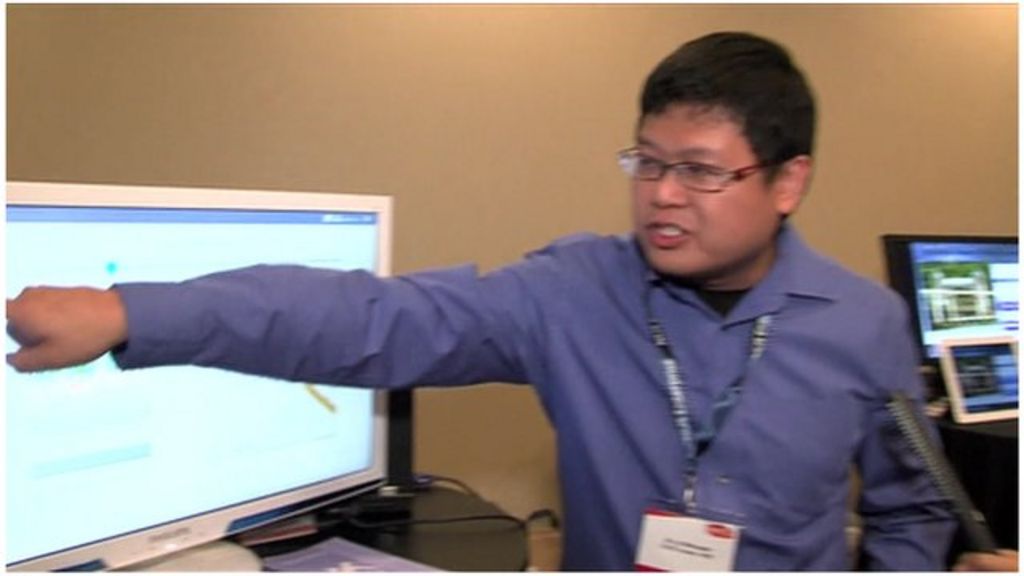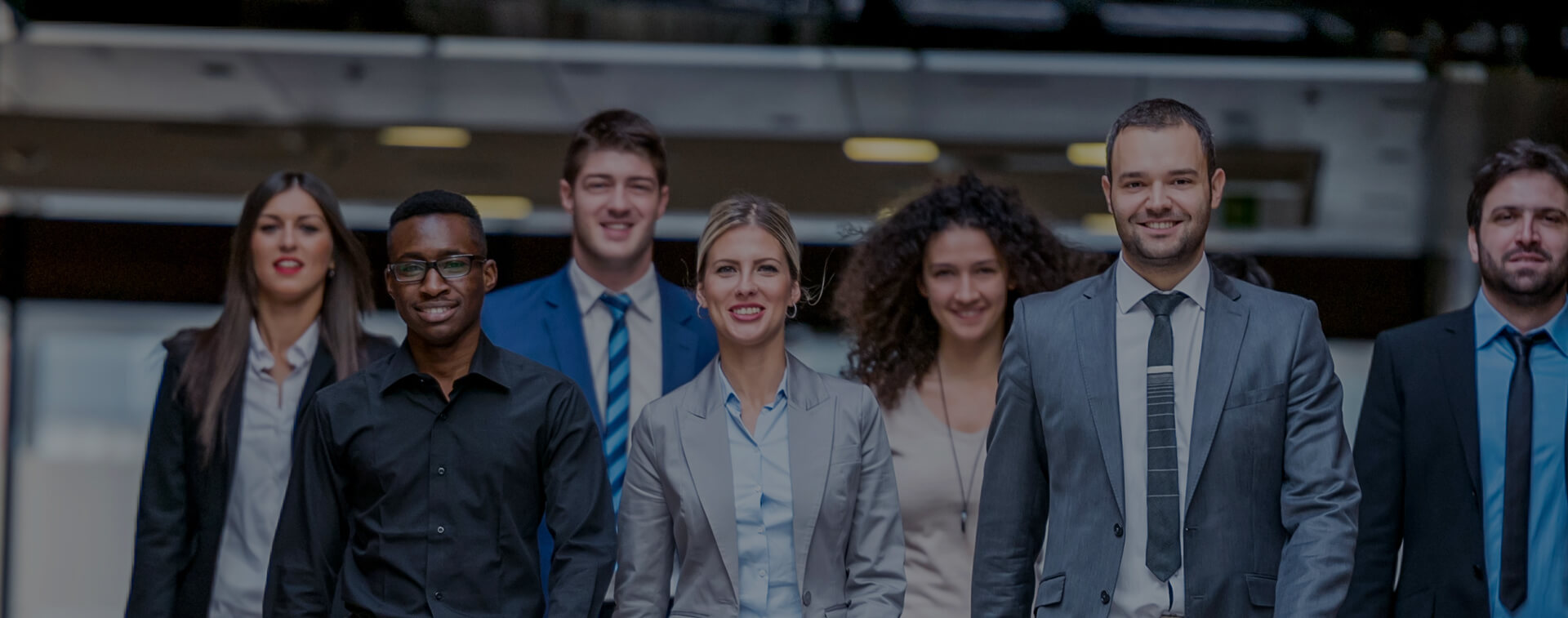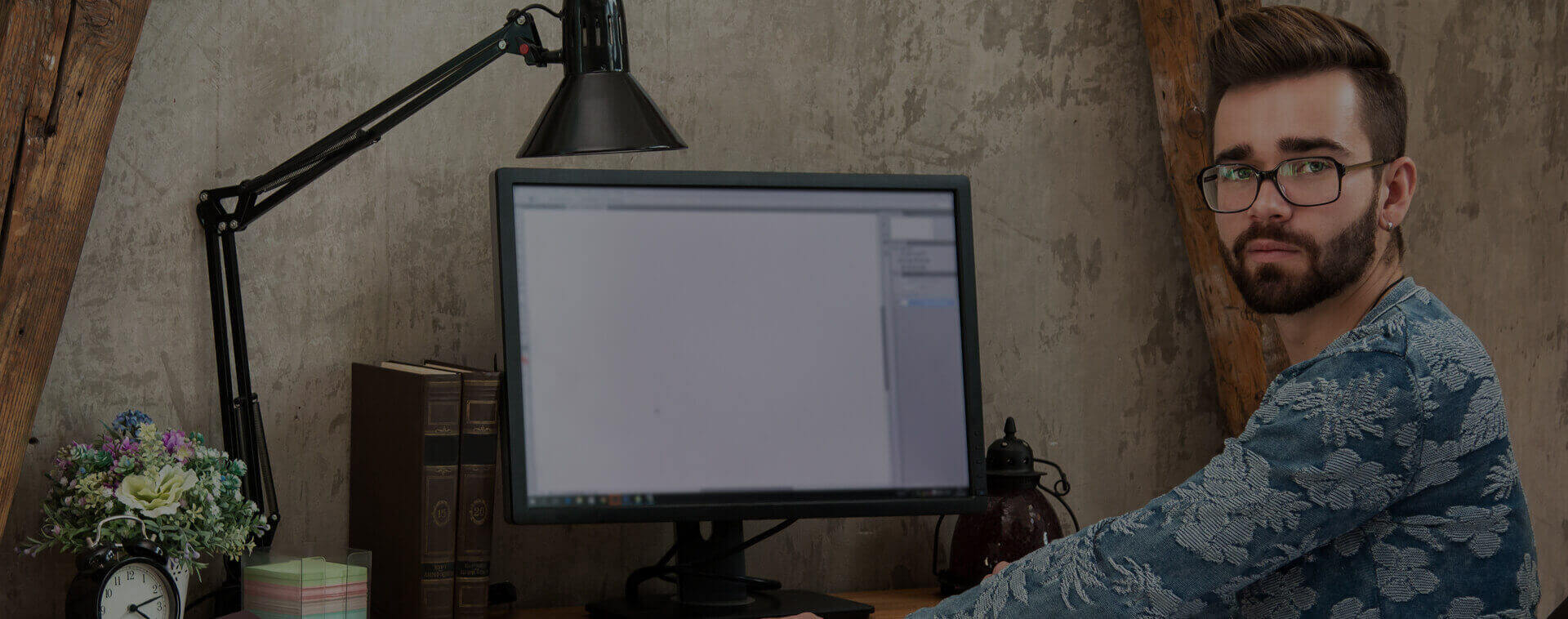Article Records
Freddy MacKee, 14 Taviton Street, London WC1H 0BW, British. E-mail: [email safeguarded]
Abstract
The content explores the cellular application Tinder suits dating procedures therefore the larger application environment gay guys use within London. Around the local homosexual neighborhood discourse, Tinder is considered to be a website where gay “nice men” run, making the platform as a socially constructed conditions in which gay men act in a diametrically opposed option to the normative hyper-sexualized attitude of widespread homosexual hook-up applications. The analysis question, for that reason, is whether or not Tinder is in fact someplace in which these “nice guys” get and where you might find them. Through an ethnographic strategy conducted both online and off-line, an instance is made on how preliminary conceptions concerning the application are not totally learned or interpreted without understanding the stick it keeps among different social support systems. Research are made available to support the situation that homosexual customers of Tinder create, indeed, curate the depiction of these digital personality to provide a considerably le sexualized image with the expectations of finding schedules or a relationship. This, but doesn’t mean that customers refrain from using various other networks in synchronous as an easy way of discovering different matter spots and reasons. Behavior and normativity on Tinder were mostly revealed both by perspective and in addition of the form of the platform, which imports and shows private information off their social media sites. Results needs to be restricted to the populace and place proposed because the fieldsite.
Introduction
I feel it’s essential that individuals bring somewhere in which we can engage others and just become naughty, you understand? And possess a location where we can run and also make the effort to have an actual date. (Tag, 31)
In 2015, a story on homosexual  existence and love appeared in London: if one desired to meet “quality” homosexual men 1 contemplating an intimate relationship, you would need identify them on Tinder, a hook-up software utilized mostly by a heterosexual customer base. This neighborhood declaration try surprising since the specific opposite is normally said of the “straight” 2 equivalent, plus it encourages the analysis investigated in this article. Now that cybersociality falls under our day to day physical lives, and this continues to transform along scientific advances including the mobile Web and various smartphone software, there clearly was room enough to analyze cultural thinking and attitudes toward all of them. Mowlabocus (2010) reports of gay male tradition in general that “communication techniques created by digital technology might now in fact become grasped as routine and common on their own” (p. 184). While 5 years ago a gay “hook-up” software such as for example Grindr had been regarded as an emerging pattern, hook-up applications have finally be prevalent and normative, which in turn causes you to the need of revising gay sociality from the viewpoint of not only one single app or affordance, 3 but as a complicated atmosphere of methods and matter spots that coexist concurrently in one’s tool as well as in one’s very own construction associated with the home.
existence and love appeared in London: if one desired to meet “quality” homosexual men 1 contemplating an intimate relationship, you would need identify them on Tinder, a hook-up software utilized mostly by a heterosexual customer base. This neighborhood declaration try surprising since the specific opposite is normally said of the “straight” 2 equivalent, plus it encourages the analysis investigated in this article. Now that cybersociality falls under our day to day physical lives, and this continues to transform along scientific advances including the mobile Web and various smartphone software, there clearly was room enough to analyze cultural thinking and attitudes toward all of them. Mowlabocus (2010) reports of gay male tradition in general that “communication techniques created by digital technology might now in fact become grasped as routine and common on their own” (p. 184). While 5 years ago a gay “hook-up” software such as for example Grindr had been regarded as an emerging pattern, hook-up applications have finally be prevalent and normative, which in turn causes you to the need of revising gay sociality from the viewpoint of not only one single app or affordance, 3 but as a complicated atmosphere of methods and matter spots that coexist concurrently in one’s tool as well as in one’s very own construction associated with the home.
Considering the depth associated with venture of exploring homosexual cybersociality, this information has-been simplified to 1 straightforward analysis question: is actually Tinder truly the best destination the spot where the gay “nice guys” go, and in which you might locate them? If these somewhere is available, it might be interesting in order to comprehend the way it emerges and exactly what are the regulations to this socially constructed place.
This post is composed through the point of view of online Anthropology, a sub-field of anthropology that explores the effect of innovation on various personal communities, and how these organizations adjust and reappropriate offered technology (Horst and Miller, 2012). Boellstorff (2012) defines it analyzing “the relationship involving the digital (the internet) additionally the actual (the physical or offline)” (p. 39), which is why this task isn’t only a straightforward investigations of on the web relationships and it seeks an in-depth knowledge of the suggested populace. This particular article also incorporates horizon from “gay websites reports,” a field that has been inspired and shaped mainly by the writers Campbell (2004), Mowlabocus (2010), and lately Race (2014, 2015). Cybersociality fashions are continually developing, and a bit of services similar to this people produces space to reflect on latest academic positions on homosexual men and innovation, but also create a historical registry regarding the proposed social class. Contained in this perspective, Tinder therefore the studies matter are starting point for this data and not the delimiting border.
Through ethnographic reports, we will see that Tinder happens to be culturally made as a particular place of sociality with its very own guidelines, but this development varies according to the context of various other social media marketing 4 programs besides. This is why we addre the theory of “polymedia” first suggested by Madianou and Miller (2012), which define the expression as “a constellation various mass media as an integrated ecosystem which each medium finds their market about others” (p. 3). Within my study, i’ve discovered they impoible to attempt to read one program in separation, because moderate is actually bound to different media just as your procedures regarding the users themselves are “polymediatic.” Through this job, the reader will realize just how Tinder must be regarded as alongside the tactics aociated with Grindr, Twitter, Whatsapp, among others. Additionally, the iue of concept was investigated as one of the contributing elements of precisely why this system is rendered as an area that is much better suitable for online dating and romance in comparison to additional gay systems and their affordances.
These studies examines the views on social media of homosexual guys who happen to live in London from all walks of life—doctors, affiliates, plumbing technicians, stars, educators, engineers, marines, baristas, designers. From guys who had been as soon as homele to people who are today high-profile people in politics in London, this tasks are the result of the undertaking of exploring homosexual sex and love as a lived feel that goes hand in hand with technologies.


